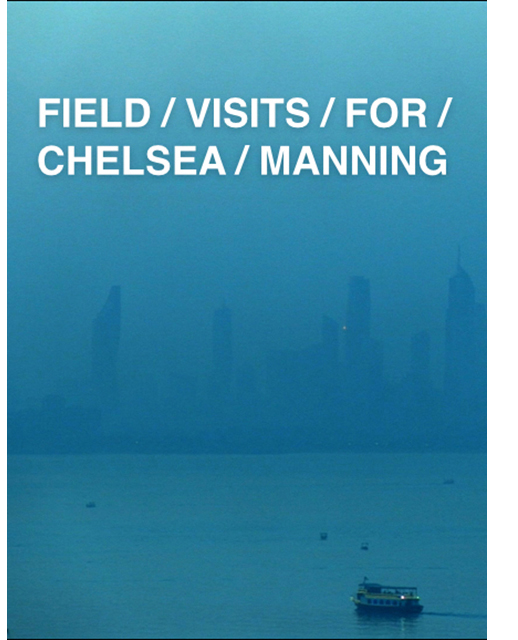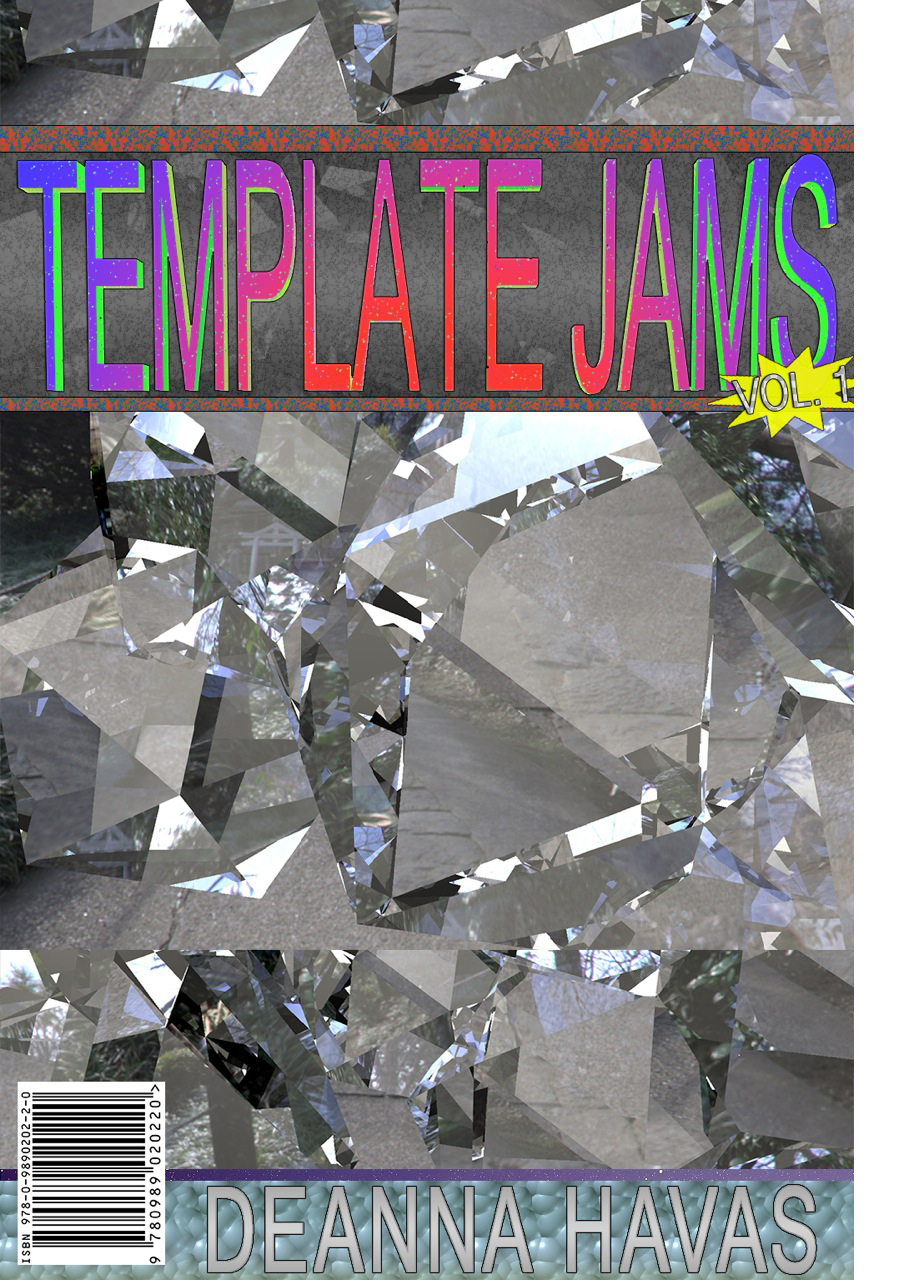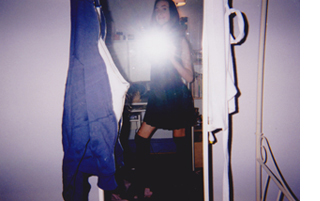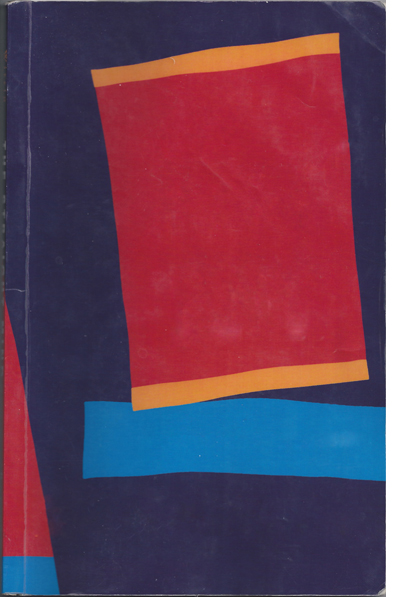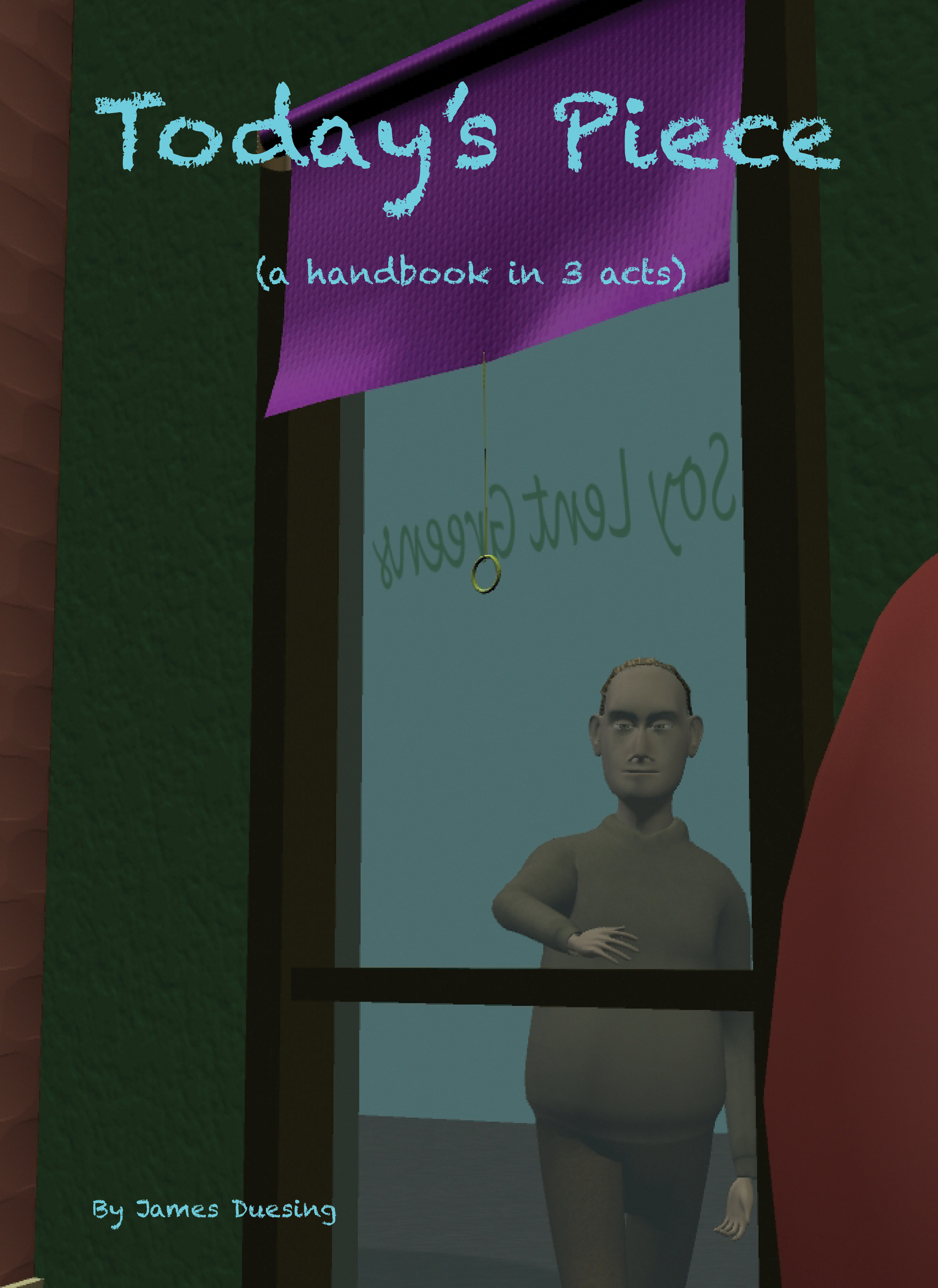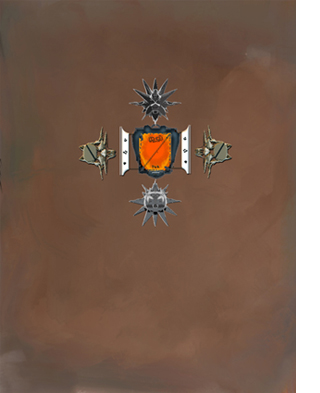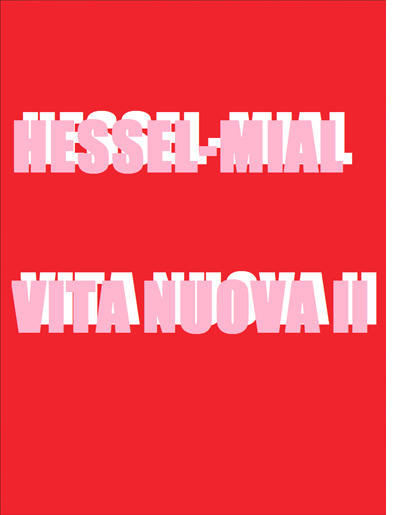Since 2011, Lance Wakeling has been making videos that measure the movement of bodies against the speed of information. The first entry in his trilogy was A Tour of the AC-1 Transatlantic Submarine Cable (2011), where he went to the points where the eponymous cable surfaced in Fire Island, New York; the southwest tip of England; the coast of the Netherlands; and a German island off the Danish border. The video is a narrative log of people and places encountered in the course of research, interspersed with facts about transatlantic commu- nications. Attention oscillates between the inhuman scale of global communications and the trivial details of Wakeling’s passage as an individual trying to comprehend it, approximating the underground, off-limits flow of information on foot and by train. He followed A Tour with Views of a Former Verizon Building (2012), about a data center in Manhattan’s Financial District, where checkpoints and facial-recognition security cameras have been introduced as protective measures in the wake of Occupy. City Hall is nearby, and the perspectives that Wakeling assembles while ambling among tourists and office workers highlight the proximity of data, finance, and the state apparatus.
Late in 2012 Wakeling announced that his trilogy’s final entry would be Field Visits for Chelsea Manning. Like A Tour, Field Visits would begin with extensive travel for research, this time determined by the sites where Manning was detained—Camp Arifjan in Kuwait; the Marine Corps Base in Quantico, Virginia; Fort Leavenworth, Kansas; and Fort Meade, Maryland—after releasing U.S. diplomatic cables, videos of air strikes and other classified infor- mation to Wikileaks. Field Visits, like its predecessors, addresses the vulnerability and weakness of the body in relation to the systems governing the movement of information, partly through the failure to access high-security locations. But the issues take on a greater intensity in relation to the story of a former soldier who was imprisoned and tortured. Manning’s story has an urgent presence in Wakeling’s video, but most of his footage features slices of Americana: Civil War reenactments in Virginia, a barbershop quartet singing in Kansas, retired pilots watching planes take off and land in Maryland. He fixed the camera’s gaze on forms of recreation and play that cling to frameworks of technological and governmental power structures.
I was starting to organize the Klaus_eBooks series around the same time Wakeling was beginning work on Field Visits. Knowing his previous work, and his interest in digital publishing (he circulated a PDF journal called Private Circulation from 2008 to 2010), I invited him to take part. The themes of Field Visits, like the other ones in the trilogy, resonated with those I’d assembled for Klaus_eBooks: the fluidity and smallness of information, in contrast to the rigidity and power of the structures that subjugate it as it moves, as not only the condition of the ebook as a file format and a product but also a site for the reader’s identification with it—an analogue to the construction of contemporary personhood by social media’s terms of service.
Field Visits premiered on December 14, 2014, during the Migrating Forms festival at the Brooklyn Academy of Music, as part of a screening organized by Rhizome, which supported the production of the video as part of its 2014 Commissions cycle. A month later, “Thanks to Apple Amazon and the Mall,” a group exhibition featuring contributors to the Klaus_eBooks series, opened at Klaus von Nichtssagend Gallery. It included Archival Materials (Field Visits for Chelsea Manning), an installation displaying objects and documents that Wakeling accumulated during his research, including a Rubik’s cube puzzle printed on every white facet with the logo of the National Security Agency, purchased as a souvenir in Fort Meade, Marlyand, and a forged marriage certificate so he and his girlfriend could share a hotel room in Kuwait City. None of these figured directly in the video. This ebook is likewise conceived not as a presentation of the video in another medium but rather a means of accommodating information collected through travel and research, suited to the particular format of the ebook. It has visual and verbal outtakes, notes jotted down, discarded and repurposed, traces of observations and movement. While reading the ebook or looking at the installation of archival materials might enrich the experience of watching Field Visits, and vice versa in all cases, they are independent works resulting from the disjointed experiences of exploratory travel. Perhaps the multiplicity of versions that has stemmed from Wakeling’s field visits could be thought of as an expression of information’s capacity for taking on various forms and adapting to various formats. If Field Visits is about the added significance that disparate items of information can acquire through combination, then this version suggests the meaning that the .epub brings to these stories of security and circulation.
— Brian Droitcour
